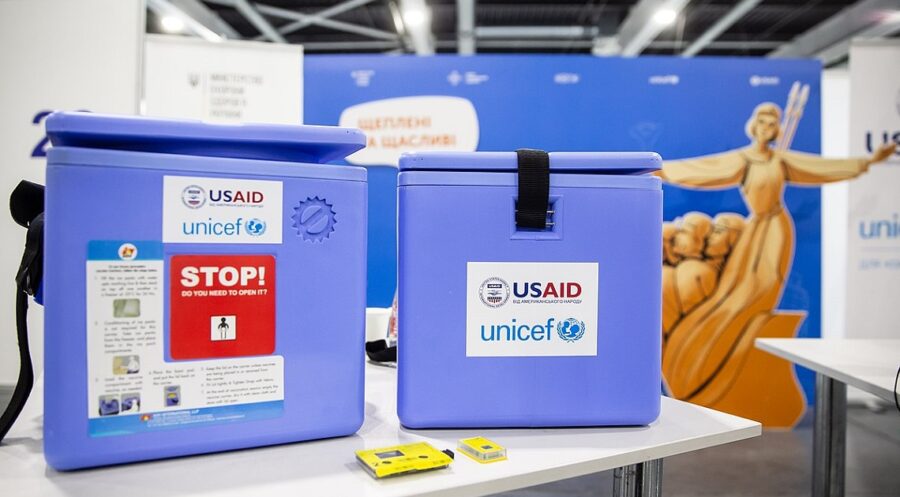The United States Agency for International Development (USAID) has provided financial support for WHO to complete a project on Kyrgyzstan’s vaccination safety monitoring. The project helped the government of Kyrgyzstan respond to the COVID-19 pandemic, a WHO news release writes.
The project’s main objective was to modify and put into place regulatory procedures and pathways to assist the nation in becoming ready for public health catastrophes. Additionally, the initiative improved pharmacovigilance, monitoring, and surveillance of adverse events after immunization (AEFI), as well as the examination of serious AEFI reported after receiving the COVID-19 vaccine.
In Kyrgyzstan, the National Immunization Program, the National Regulatory Authority for Medicines, and other stakeholders share responsibilities for vaccination safety monitoring. Establishing client follow-up and self-reporting mechanisms on AEFI across national partners, including a surveillance, reporting, analysis, and mitigation system for AEFIs, was one of the project’s accomplishments.
Since March 29th, 2021, AEFI has been seen in relation to COVID-19. For storing AEFI, an electronic database was created. The national computerized vaccination registration system has been connected with the AEFI database. As a result, as of September 2022, the system has more than 2109 AEFI registered. Additionally, the validated AEFI were entered into the WHO VigiBase database.
Over 800 healthcare professionals across the country have received training in pharmacovigilance, adverse event reporting, and tracking of occurrences following COVID-19 vaccination. Additionally, the Ministry of Health’s Department of Medicine and Medical Devices has trained over 100 experts in the regulation of vaccines and medications, especially in emergency situations.
Recognized experts, including those from the Eurasian Economic Union, offered the training, and capacity-building training on determining the cause of bad vaccine reactions and drug side effects was also conducted.



